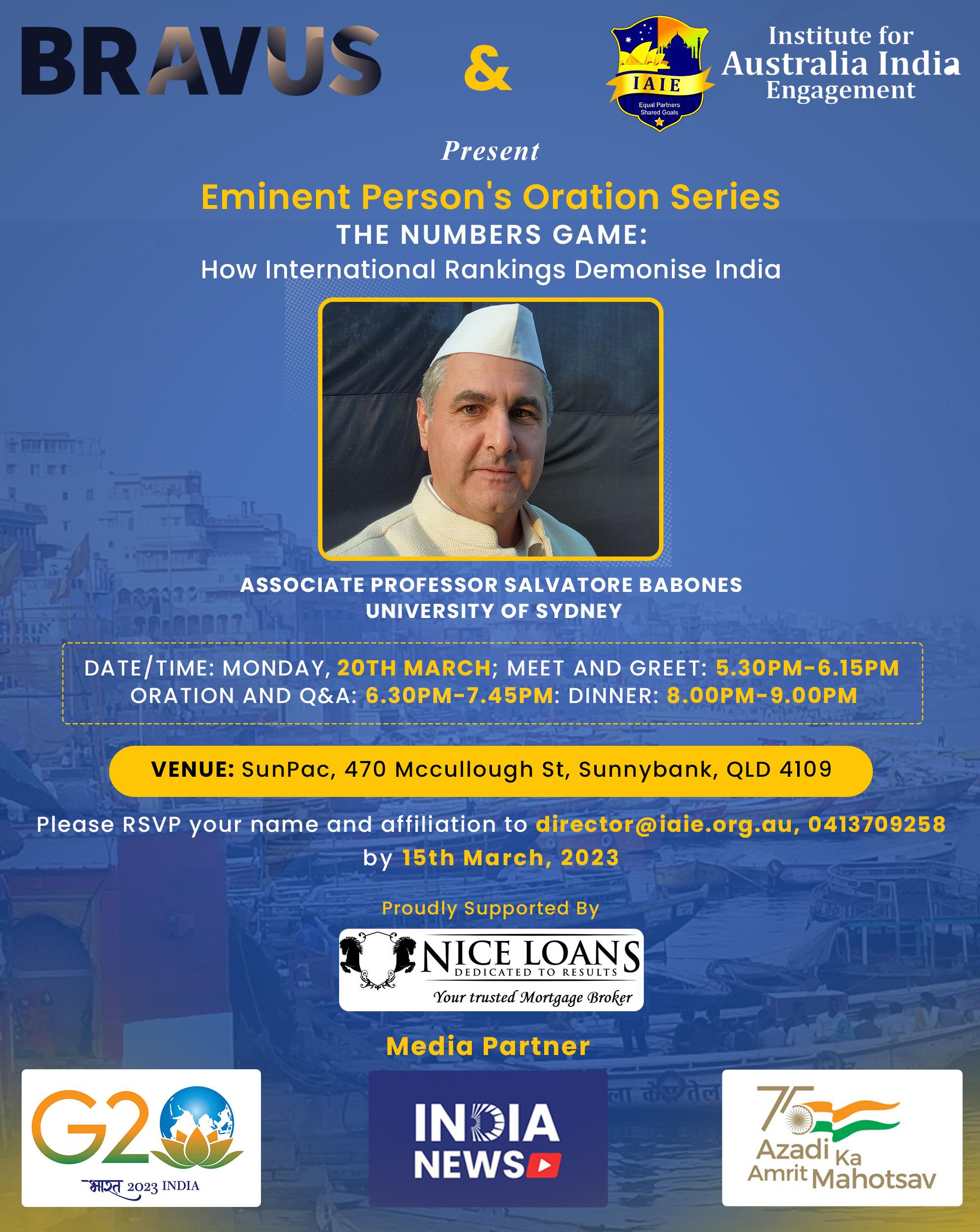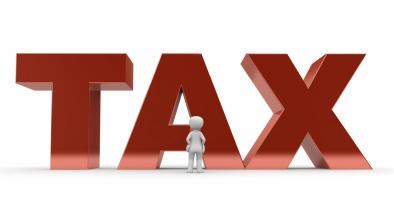
4 minute read
No property tax for small houses in J&K
Principal Secretary, H&UDD, Rajesh Prasad stated that there is no tax liability for those having built-up area of their houses less than 1000 sq ft besides the proportion of taxes is considerably lesser here than that levied in other parts of the country.
assessed and paid on an annual basis," the statement added.
Advertisement
Jammu, Feb 23 (IANS) All the poor and marginalized people having small houses with builtup area not more than 1000 square feet have been exempted by the Jammu and Kashmir (J&K) government from paying any property tax to be levied from April onwards, an official statement clarified on Thursday. The issue was raised in a meeting chaired by Chief Secretary Arun Kumar Mehta to deliberate upon "misinformation" created regarding property tax in Jammu and Kashmir.
The meeting was attended by Additional Chief Secretary, Home; Principal Secretary, H&UDD; ADGP Jammu/Kashmir; Deputy Commissioners; SSPs;
Commissioners of Jammu and Srinagar Municipal Corporations and other concerned officers.
It was informed that levy of property tax is an essential part of urban sector reforms.
"Jammu and Kashmir is one of the last States/UTs to levy property tax and non-imposition of the tax was depriving local bodies to become self-sustaining. Urban Local Bodies (ULBs) are required to render multiple civic services in their jurisdiction and need resources. The levy of this tax will improve the financial health of these institutions and improve services, besides creating employment," the statement said. While explaining the methodology of levying the tax in the UT, the
Similarly, all places of worship, including Temples, Masjids, Gurudwaras, Churches, Ziarats, Cremation grounds, Burial grounds etc are exempt from payment of property tax.
"It was further informed that the tax is proposed to be levied at just 5 percent of Taxable Annual Value (TAV) of the property in case of a residential property and at 6 percent of TAV in case of Non-Residential property. It was also apprised that the tax rates, even in the Corporations are one of the lowest in the country, almost half that of Himachal, and one fourth to one sixth, overall, of other progressive States like Gujarat Maharashtra, Karnataka and Delhi. Tax to be paid in Municipal Committees shall be much lower than that of Municipal Corporations. There is no property tax in rural areas. Besides, the property tax is to be
On the occasion the Chief Secretary also impressed upon the officers to create awareness among the public for removing misconceptions. He told them to create a helpline for the masses which would disseminate the correct information about the matter.
He urged them to come up with a simple 'Property Tax calculator' for people so that they themselves are able to assess the actual amount they are liable to pay.
Mehta emphasized on the fact that people should be made aware that it is not permitted to direct ULB resources for any other purposes. The property tax paid by people shall be used in their own areas.
The accumulations of the tax money will be collected by the ULBs, retained by them and used for their development needs exclusively.
The tax to be collected from the people shall be spent only for their betterment, improving their quality of life.
Regarding its implications it was said that the Property Tax is to be levied annually and can be paid in two equal installments. Further, 10 per cent rebate can be availed by early payment of the Property Tax.
On Tuesday, the J&K government had issued a notification which said that property tax will be imposed in the Union Territory from April 1, 2023.

"In exercise of the powers conferred by Section 71A of the Jammu and Kashmir Municipal Act, 2000 (hereinafter referred to as the Act), read with SubSection 1 of Section 65 and Sub-Section 1 of Section 73 thereof, the government hereby notifies the following rules for levy, assessment and collection of property tax in the Municipalities and Municipal Councils of the Union Territory of Jammu and Kashmir," read the notification issued by Housing and Urban Development department. the parties have been engaged in holding meetings, dialogues and discussions.
"These rules shall be called Jammu and Kashmir Property Tax (Other Municipalities) Rules, 2023. These shall come into force from April 1, 2023," it added.
Mainly, the command of the Congress is being handled completely by state President Kamal Nath, while the head of the state government, Shivraj Singh Chouhan, is busy counting the wins of his government.
Bhopal, Feb 26 (IANS) As the Assembly elections are nearing, the political parties in Madhya Pradesh are going all out against each other, and these days the ruling BJP and the opposition Congress are locked in a war of questions.
Both parties are engaged in preparing strategies to win and in strengthening their organisations at the grassroots level as they are expecting a tough contest.
The reason for the possibility of a tough competition in the state Assembly elections is because both the political parties did not achieve absolute majority in the last 2018 Assembly polls.
However, out of 230 Assembly seats, the Congress won 114 whereas the BJP stood behind with 109 seats.

The Congress had formed the government in the state, which was dissolved later due to the defection of 22 MLAs under the leadership of Jyotiraditya Scindia, after which the BJP again formed the government.In view of the upcoming polls, leaders of both
Since the past month, while Chouhan is reminding people of the Congress' promises made before its 15-month rule and raising questions on the allegations of breaking promises made to the unemployed citizens, farmers, etc., Kamal Nath has been speaking about his government's performance and achievements along with reminding people of the promises made by the BJP in 15 years of rule in the state.
The politicians have been questioning each others' parties and have been seen answering through a question itself.
Political analysts believe that Nath and Chouhan are keeping themselves away from the core issues and involving themselves in an array of questions so that an aggressive approach on those core issues can be taken when the election date is nearing.
Analysts also believe that both the leaders have been trying to portray each other as weak and unsuccessful.









